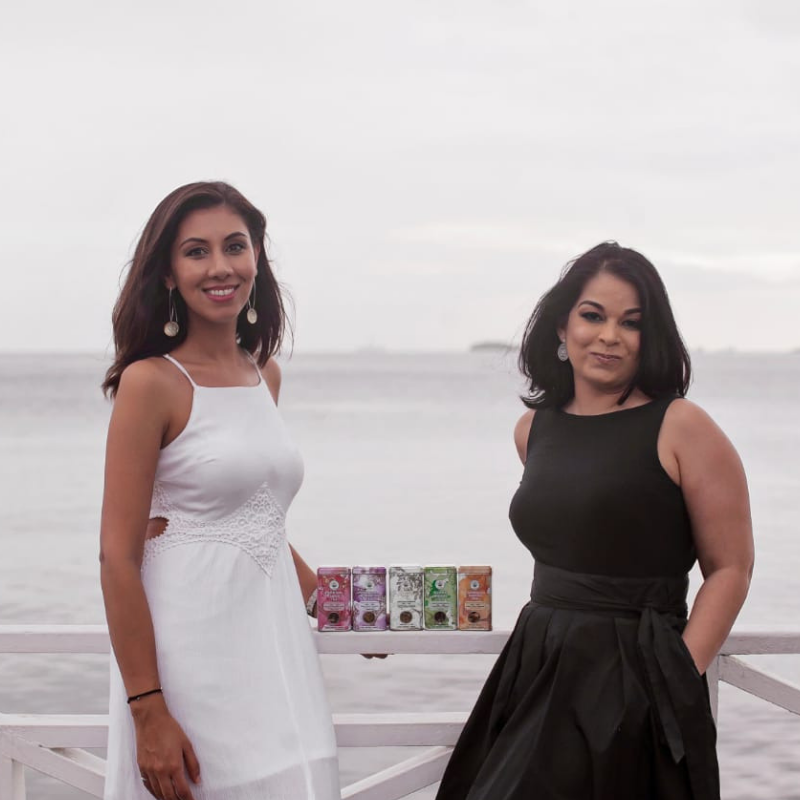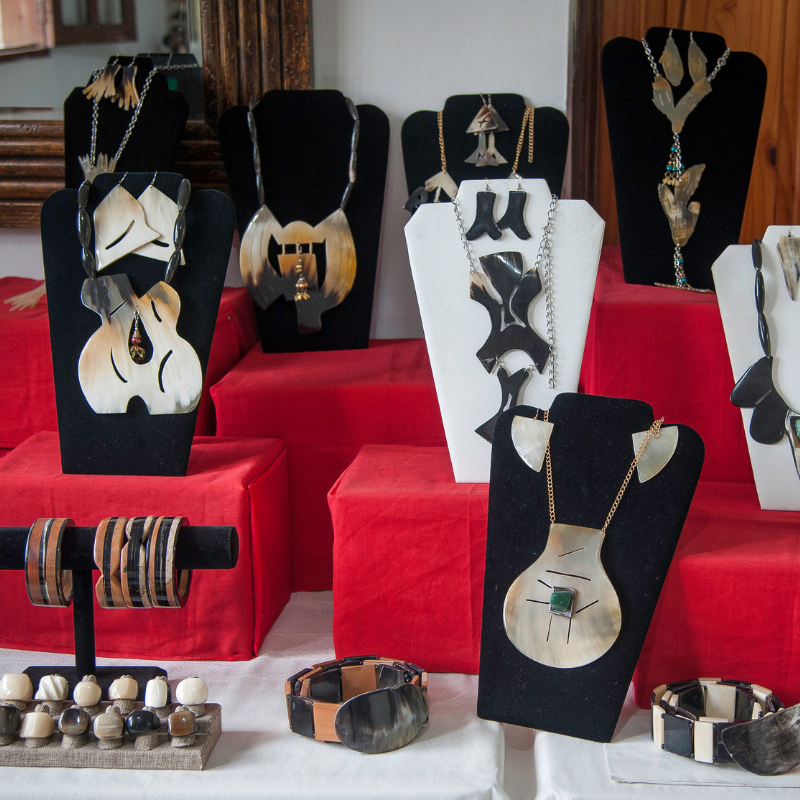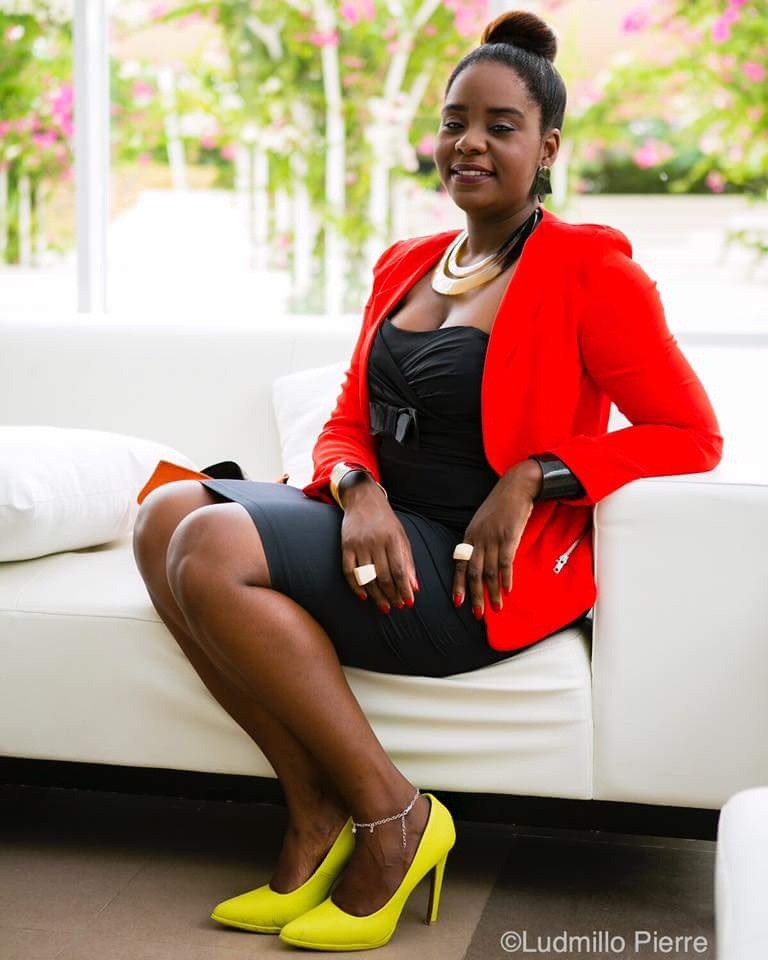Sophia Stone founded Caribbean Cure in 2015. The Trinidad-based tea company was borne out of her passion for using nature to promote health and wellness.
“I wanted to honour the long standing tradition in the Caribbean of using herbs and bush teas,†she said. “And backed by science, my goal was to make these healing remedies more efficacious, convenient and attractive to today’s consumer.”
Bombarded with ideas and wondering how she could turn some of them into a profitable entrepreneurial venture, Sophia quit her full-time job, to focus on the full-time pursuit of her dream.

But her initial line of eight herbal supplements failed to garner the success she’d hoped, and after depleting her savings, Stone was faced with two very clear choices, pack it all in and quit “dreamingâ€; or, find another way to make the dream work. Like any true entrepreneur, she chose the latter.
Sophia’s new plan was to curate tea blends using the ingredients from her supplement line, but virtually all of her family and friends rubbished the idea, advising her to go back to her 9 to 5 – all but one.
Stacy Seeterram, a friend, and confidant, believed in Sophia’s idea, so she asked Stacy to partner with her in creating this new venture.
What helped to make the Caribbean Cure dream a reality, and what kept you motivated?
With five tea blends currently on the market, and the approval of family and friends who indulge in their curative, feel-good concoctions, Seeterram says their approach to business is one of their greatest motivators.
“We try not to worry about being successful,†she shared. “What we do is work toward being significant.â€
In addition to keeping them excited about turning up for work each day, this approach won them international recognition as producers of world-class teas.
An opportunity to honour family traditions also keeps the duo laser-focused. There’s a little bit of history brewed in each cup of Caribbean Cure tea. Island Breeze, a delicate blend that includes cardamom pods and white tea, is a tribute to Stone’s Afghan/Canadian heritage, and borrows from one of her family recipes; while Carnival Oasis with its inclusion of cinnamon, clove and mauby bark, transports Stacy – a Trinidadian, with roots woven throughout the West Indies – back to her childhood, as it conjures memories of her grandmother’s “magical” blends.
What’s next for Caribbean Cure?

Caribbean Cure’s short-term intention is to increase production capacity and efficiencies to enable greater access to Caribbean markets. Through the Women Empowered through Export (WE-Xport) programme, they have forged key partnerships with a strong CARIFORUM trade agenda.
In July 2018, Caribbean Cure, unveiled new packaging, beautiful tea tins, adorned with designs created by a local artist.
The team is now set to enter into the next phase of tea export negotiations with their partners in the EU, Canada and Japan, and feels poised for an upward swing in the company’s development. They’ll be participating in the 4th CARIFORUM-EU Business Forum and Authentic Caribbean Expo hosted by Caribbean Export on September 26-28, 2019 in Frankfurt, Germany.
A few takeaways for budding & aspiring entrepreneurs.
Sophia and Stacy share that one of the most valuable lessons they’ve learned on their entrepreneurial journey is the importance of releasing emotional attachment in order to facilitate growth.
“Do not fear mistakes,†Stone advised. “Regrets are far more difficult to deal with than mistakes. You walk away from a mistake having learned something, but a regret is a missed opportunity,†she said. “Even if it seems beyond your reach, try. You will amaze yourself with what you are capable of.â€
Find out more about Caribbean Cure: Facebook, Instagram, Twitter and LinkedIn – @caribbeancure and by visiting their website www.caribbean-cure.com.








